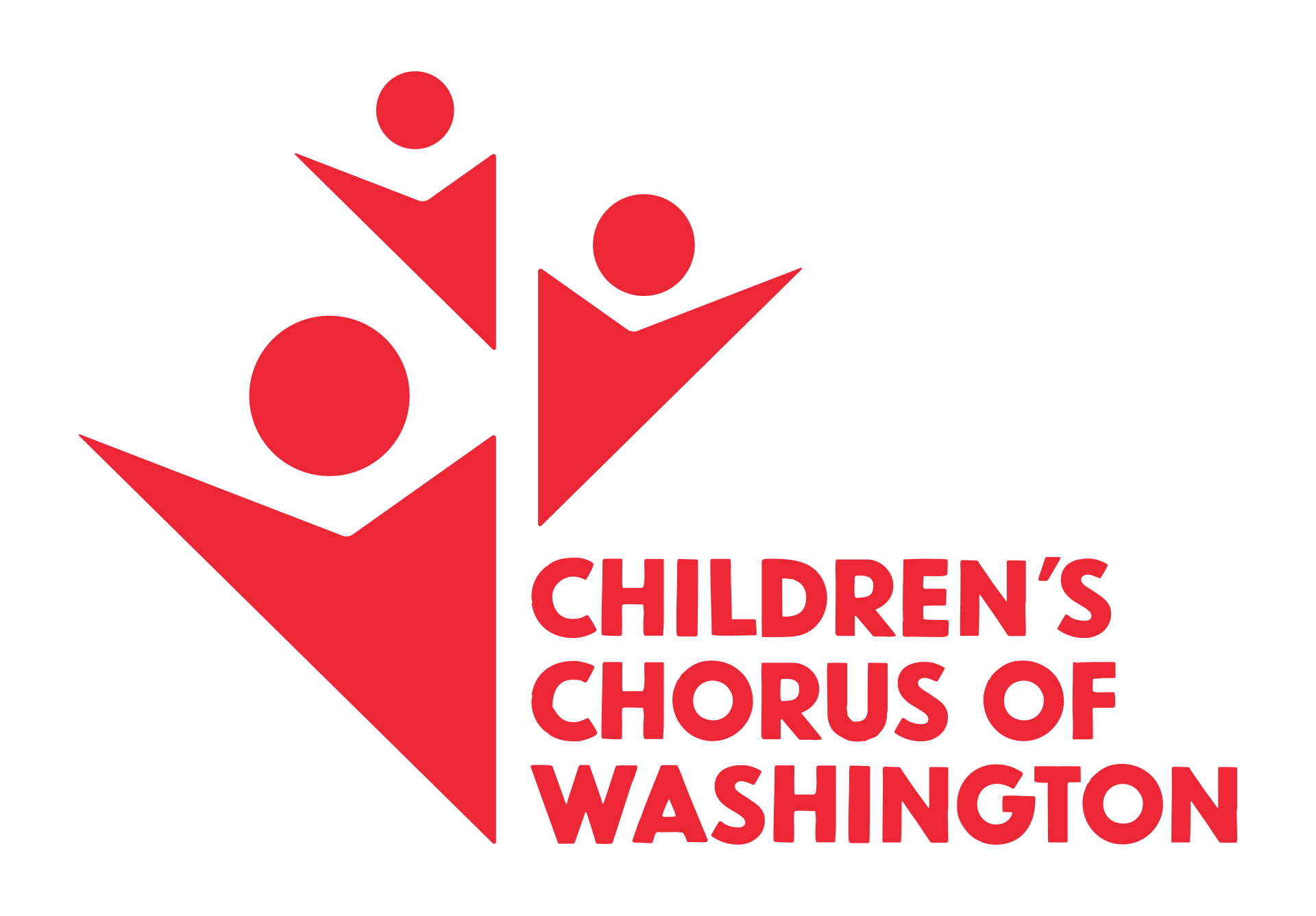CCW's Harriet Tubman Tour Links Music and History in a Meaningful Way
By CCW Chorister Haley Armstrong
We want to close out and commemorate Black History Month with a week of reflections on last summer’s Stand Up: Harriet Tubman Tour. This final post is a student reflection written by high school senior Haley Armstrong, who identifies as biracial and hails from Arlington, VA.
Standing in the cramped, dusty shop, I let the sound of dozens of children singing flood over me. Something clicked in that moment, and I could picture it all so clearly. How Harriet Tubman must have felt … the fear and determination that gripped her and sprung from deep inside. With every haunting and emotional word of the spiritual, I felt more connected to my Black ancestors, like the melody had somehow tethered me to them and I was finally and more fully able to understand just a fraction of what they experienced.
Last summer, I participated in CCW’s joint tour with the Choir School of Delaware to commemorate Harriet Tubman’s 200th birthday and the Juneteenth holiday. We traveled from Washington, DC, to Philadelphia, stopping along the way to visit significant sites from Tubman’s life and her journey to freedom on the Underground Railroad.
Our first stop was in Cambridge, Maryland, just a few miles from where Harriet was born. There, I got to see firsthand the old town courthouse where people were auctioned like cattle. I imagined what the town must have been like then - and what atrocities happened there - before the charming modern shops and restaurants painted over that grim history. But the town hasn’t forgotten its legacy.
Driving through the Maryland marshlands where young Harriet hunted muskrats, I looked at the passing landscape imagining the people who traveled this path two centuries ago. The long road we drove on was the only thing that marked the passing of time in this rural landscape. Whenever I read about our history - the Civil
War, Revolutionary War, or any other era - I always picture the places described in the books or by my teachers so clearly in my mind’s eye. Seeing the land itself and the different places Harriet walked, however, put everything into a new, crystal-clear perspective.
Recalling the Black spirituals and anthems of freedom we sang on the tour, it is my firm belief that music is just about as close as one can get to real magic - a magic that connects us to our collective history and heritage as human beings. A melody crafted years ago can transcend time and still be widely recognizable today. I love the idea of singing a piece that someone performed long ago. Every culture has music and I feel like I’m uncovering some great treasure whenever I learn about different types of music from other places and times.
There is no human history without music. Growing up, I’ve always appreciated different types of music and singing with CCW has helped me expand my love of singing. Whenever I learn more about different time periods and the people who shaped them, I can’t help but think about all the different songs of those times and how historical figures, such as Harriet Tubman, probably had these melodies stuck in her head. We know she sang them as a signal to dozens of enslaved people in Maryland, calling them on board the Underground Railroad in their perilous quest for freedom.
History itself is one long, infinite story and you can connect practically everything happening in the present to something in the past - with music as a common thread. I’m so grateful that CCW provided me with such a wonderful opportunity to make these connections to history in such a meaningful way.

